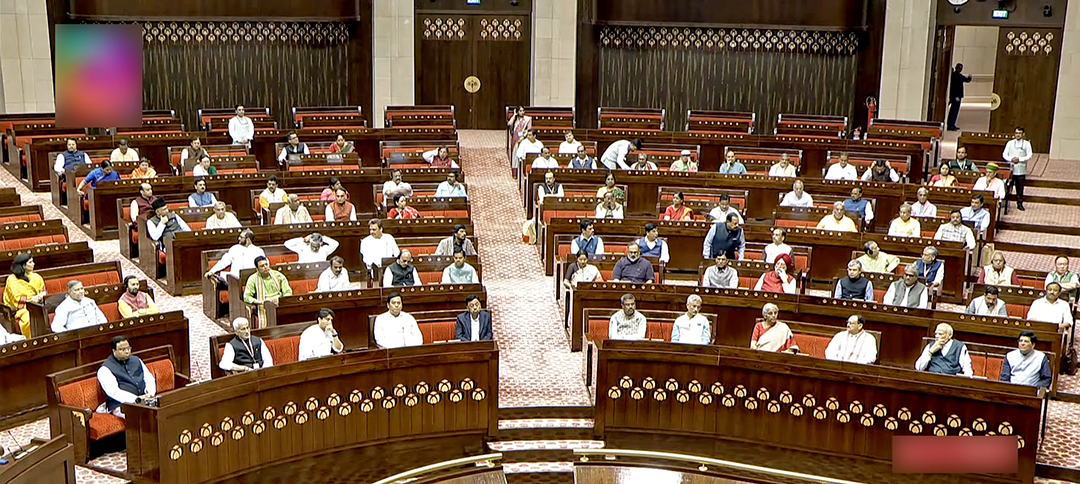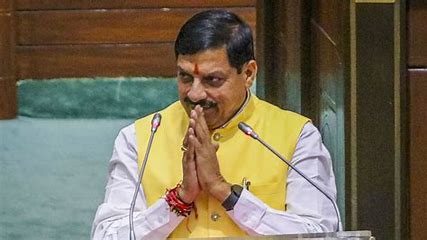
The Parliamentary Committee on Home Affairs has not found mutual consent on the Central Government’s initiative to rename the Indian Penal Code (IPC) as ‘Indian Judicial Code’.
The Parliamentary Committee on Home Affairs held a meeting regarding this on Friday, but due to lack of unanimity of opinion among all the members of this committee, the draft report could not be adopted.
Draft 246th Report on ‘Indian Judicial Code, 2023’; The draft 247th report on the ‘Indian Civil Defense Code, 2023’ and the draft 248th report on the ‘Indian Evidence Bill, 2023’ have not yet been approved by the parliamentary committee. According to sources, Adhir Ranjan Chowdhary, the Leader of the Opposition in the Lok Sabha and a Congress leader, along with other opposition figures such as P. Chidambaram from the Congress, Derek O’Brien from the TMC, and NR Elango from the DMK, requested additional time to review the drafts. This request led to a delay in the decision-making process.
The committee is scheduled to convene for its next meeting on November 6, 2023. Earlier, the Parliamentary Standing Committee on Home Affairs, chaired by Bharatiya Janata Party MP Brij, met in the committee room of the Parliament House Annexe.
During the meeting, the committee examined the draft reports for the three bills: “The Bharatiya Nyaya Sanhita 2023,” “The Bharatiya Nagarik Suraksha Sanhita 2023,” and “The Bharatiya Sakshya 2023.” These bills aim to replace the existing criminal laws, including the Indian Penal Code (IPC) of 1860, the Code of Criminal Procedure (CrPC) of 1973, and the Indian Evidence Act of 1872. These bills were introduced in the Lower House of Parliament on August 11, 2023.
Home Minister Amit Shah, when introducing these bills, emphasized that the primary objective of the new laws is to safeguard the rights granted to citizens by the Constitution. He stated that the British-era laws were designed to bolster their rule and were primarily punitive in nature, rather than focused on delivering justice.
Shah further stated, “We (the government) are going to bring changes in both these fundamental aspects. The essence of these three new laws is to protect all the rights provided by the Constitution to Indian citizens. The objective will not be punitive but to deliver justice, and in this process, penalties will be imposed where necessary to deter crime.”
Regarding the specifics of the bills, Shah explained that the Bharatiya Nagarik Suraksha Sanhita Bill, which replaces the CrPC, will now consist of 533 sections. “A total of 160 sections have been modified, nine new sections have been added, and nine sections have been repealed,” he clarified.
The Bharatiya Nyaya Sanhita Bill, which replaces the IPC, will now comprise 356 sections, as opposed to the previous 511 sections. The minister pointed out that 175 sections have been amended, eight new sections have been included, and 22 sections have been repealed. As for the Bharatiya Sakshya Bill, which substitutes the Evidence Act, it will now consist of 170 sections, in contrast to the previous 167. Shah noted that 23 sections have been altered, one new section has been introduced, and five sections have been repealed.















